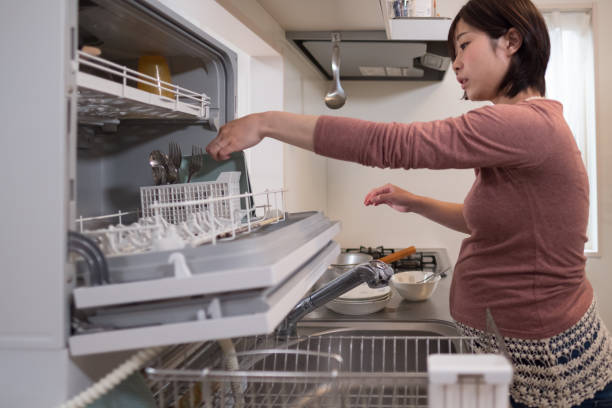Singapore’s pregnant maids face a healthcare crisis that threatens their health and economic stability. Despite their significant contribution to the Singaporean economy, many maids face barriers to proper healthcare due to discrimination and a lack of understanding of their rights.
Also, the issue of maids becoming pregnant while employed has sparked contentious debates due to the intricate regulations governing foreign domestic workers. These regulations often mandate sending pregnant maids back to their home countries. The intent is to avoid complications associated with providing maternity benefits and to maintain the premise that these workers do not intend to settle permanently in Singapore. However, these regulations have faced criticism for being seen as inhumane and discriminatory.
Legal, Moral, and Emotional Considerations
Beyond the legal framework, the emotional and moral dimensions surrounding pregnant maids’ employment are of significant concern. While the regulations aim to manage the implications of pregnancy on employment contracts, they raise questions about the rights and welfare of these workers. The act of repatriation due to pregnancy can disrupt not only the maids’ livelihoods but also the financial support they provide to their families back home. Moreover, issues of potential exploitation and unfair treatment come to the forefront.
Lack of Access to Safe Abortion Services
Pregnant maids in Singapore face a difficult dilemma because they are not permitted to work and are frequently deported back to their home countries.
However, some maids in Singapore choose to have unsafe abortions, which can result in serious health complications. The lack of support and resources for these women has resulted in a healthcare crisis that must be addressed.

Image source: iStock
According to a study conducted by the Asian Migrant Centre, many maids choose to have abortions at unregulated and illegal clinics, risking injury and even death. These clinics are frequently the only option for pregnant maids who lack access to proper healthcare. The issue is exacerbated by Singapore’s restrictive abortion laws, which make it difficult for maids to obtain safe and legal abortions.
Calls for Better Healthcare Support for Pregnant Maids
Activists are advocating for improved medical care for pregnant maids, including access to safe and legal abortions. They are also advocating for a change in the law that would allow maids to work while pregnant, providing them with much-needed income and support during this time. Pregnant maids are currently required to terminate their contracts and leave Singapore if they become pregnant, leaving them without an income.
Challenges Faced by Pregnant Maids
In Singapore, pregnant maids face a variety of challenges, including a lack of information and resources, such as knowledge of their rights, maternity leave, and healthcare services. Some employers may be unwilling to support their maids’ pregnancies, resulting in discrimination and mistreatment. This lack of support can have serious consequences for pregnant maids’ health and well-being.
Action Needed

Image source: iStock
The Singapore government must act immediately to improve healthcare support and educate employers on the importance of providing pregnant maids with the necessary resources and support. This includes addressing the stigma and discrimination that pregnant maids face, as well as increasing access to safe and legal abortions. Awareness-raising efforts can also help increase knowledge and understanding of the difficulties pregnant maids face, as well as promote support for their rights.
Improving healthcare support for pregnant maids in Singapore is critical for their health and contributes to the social and economic development of the city-state. Pregnant maids can ensure a safe and healthy pregnancy while also contributing to Singapore’s economy if they have access to the necessary resources and support.
It is past time for the Singapore government and society to recognise and address the challenges that pregnant maids face, and to take meaningful action to improve their lives.
 Together Against RSV
Together Against RSV SG60
SG60 Pregnancy
Pregnancy Parenting
Parenting Child
Child Feeding & Nutrition
Feeding & Nutrition Education
Education Lifestyle
Lifestyle Events
Events Holiday Hub
Holiday Hub Aptamil
Aptamil TAP Recommends
TAP Recommends Shopping
Shopping Press Releases
Press Releases Project Sidekicks
Project Sidekicks Community
Community Advertise With Us
Advertise With Us Contact Us
Contact Us VIP
VIP Rewards
Rewards VIP Parents
VIP Parents
